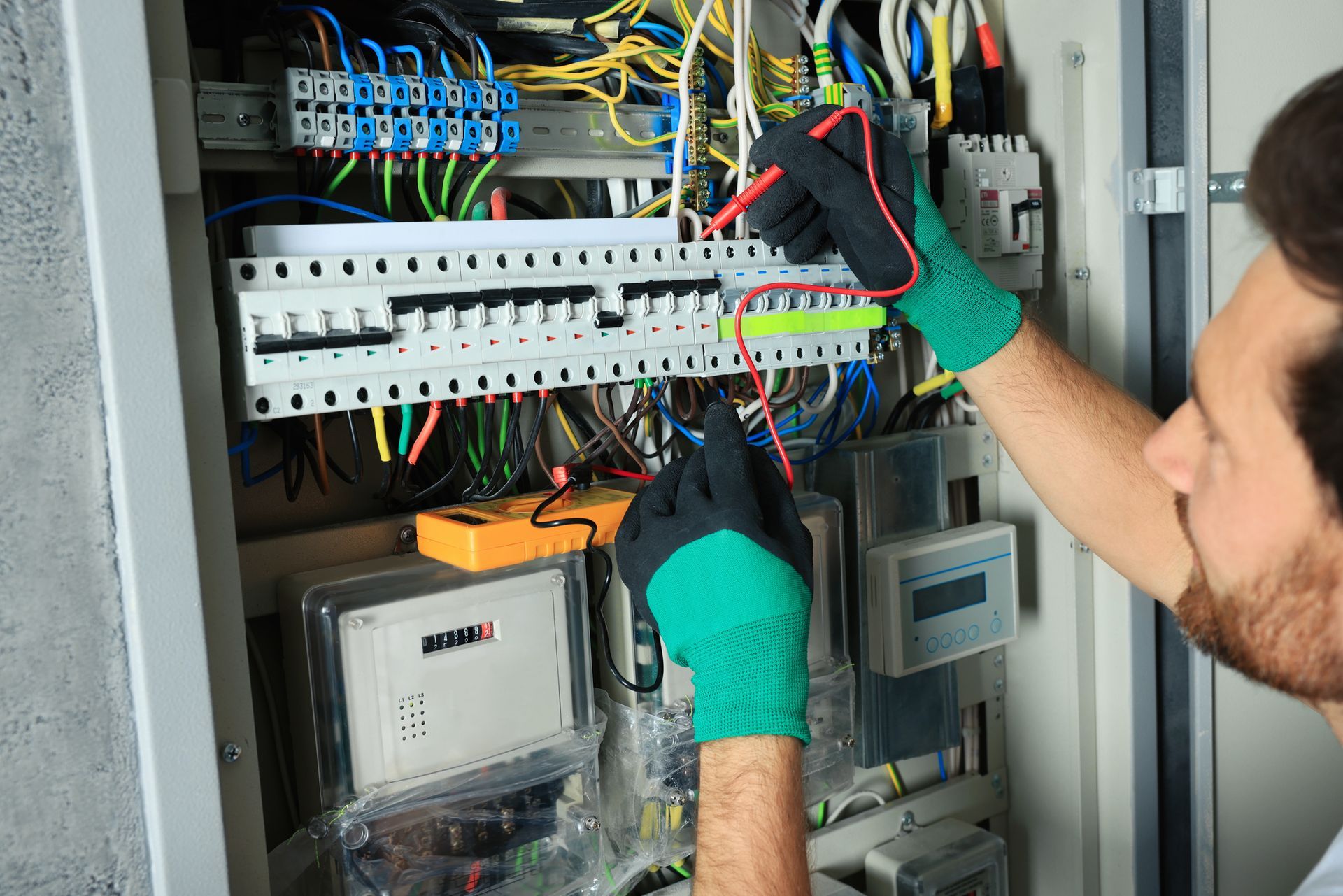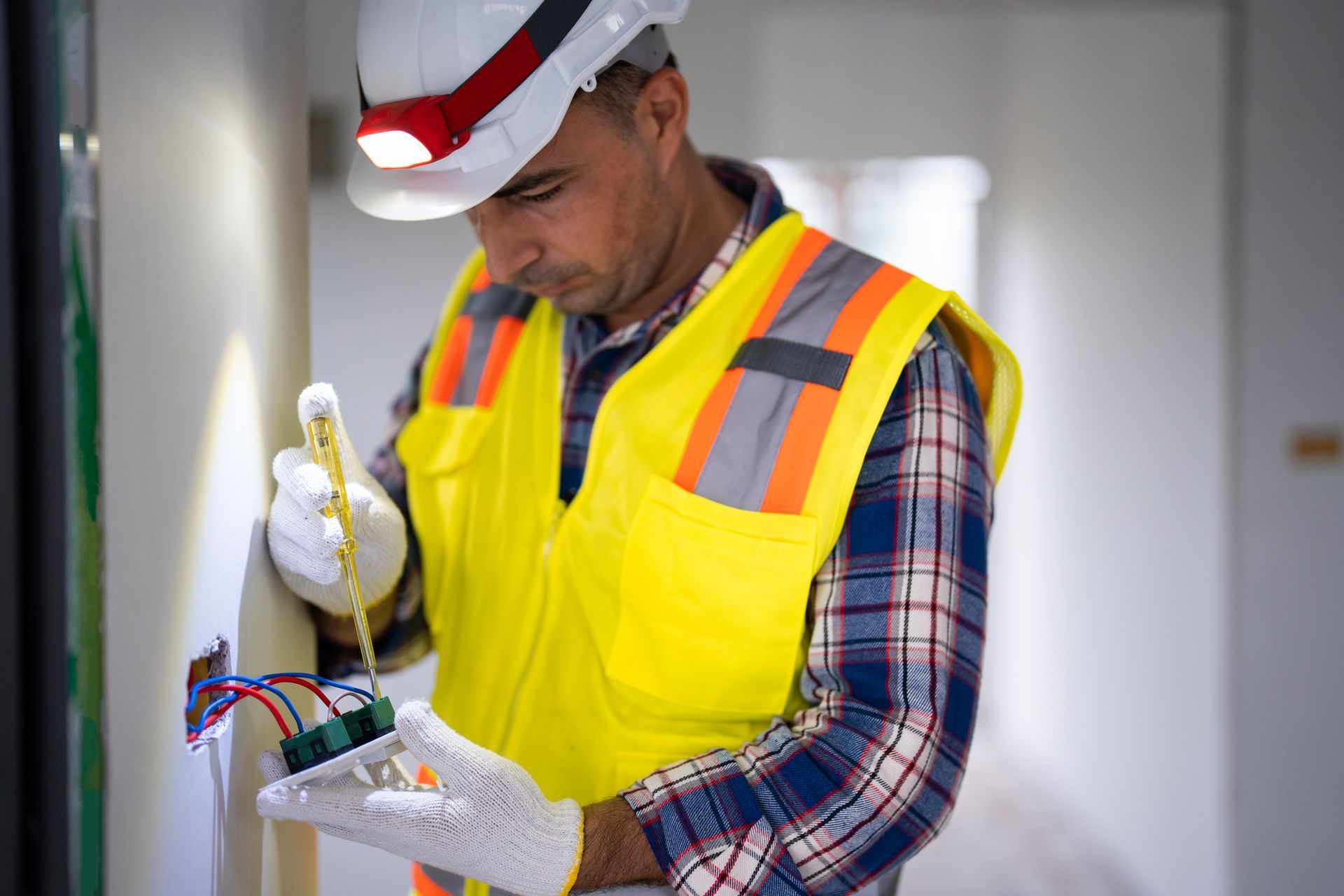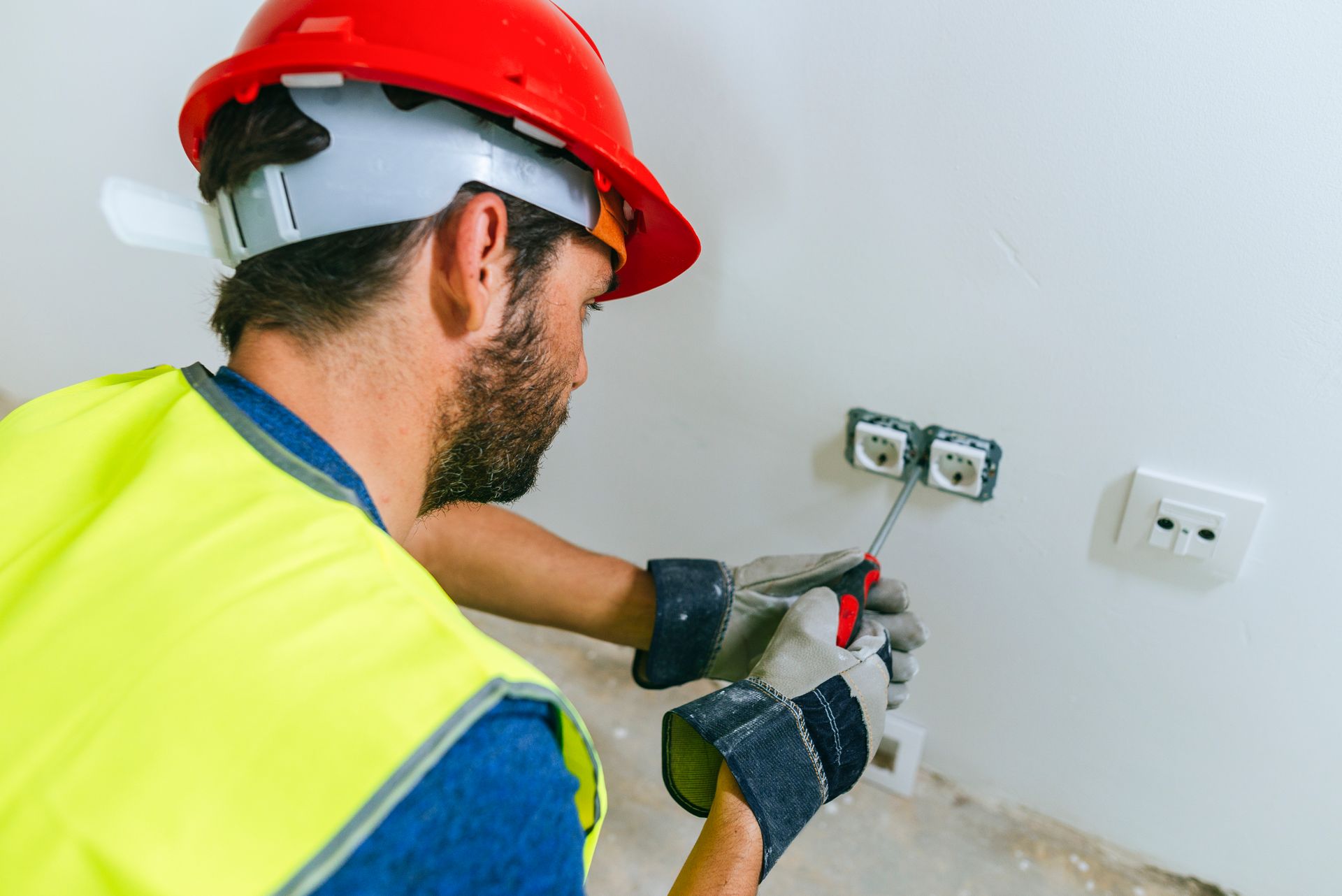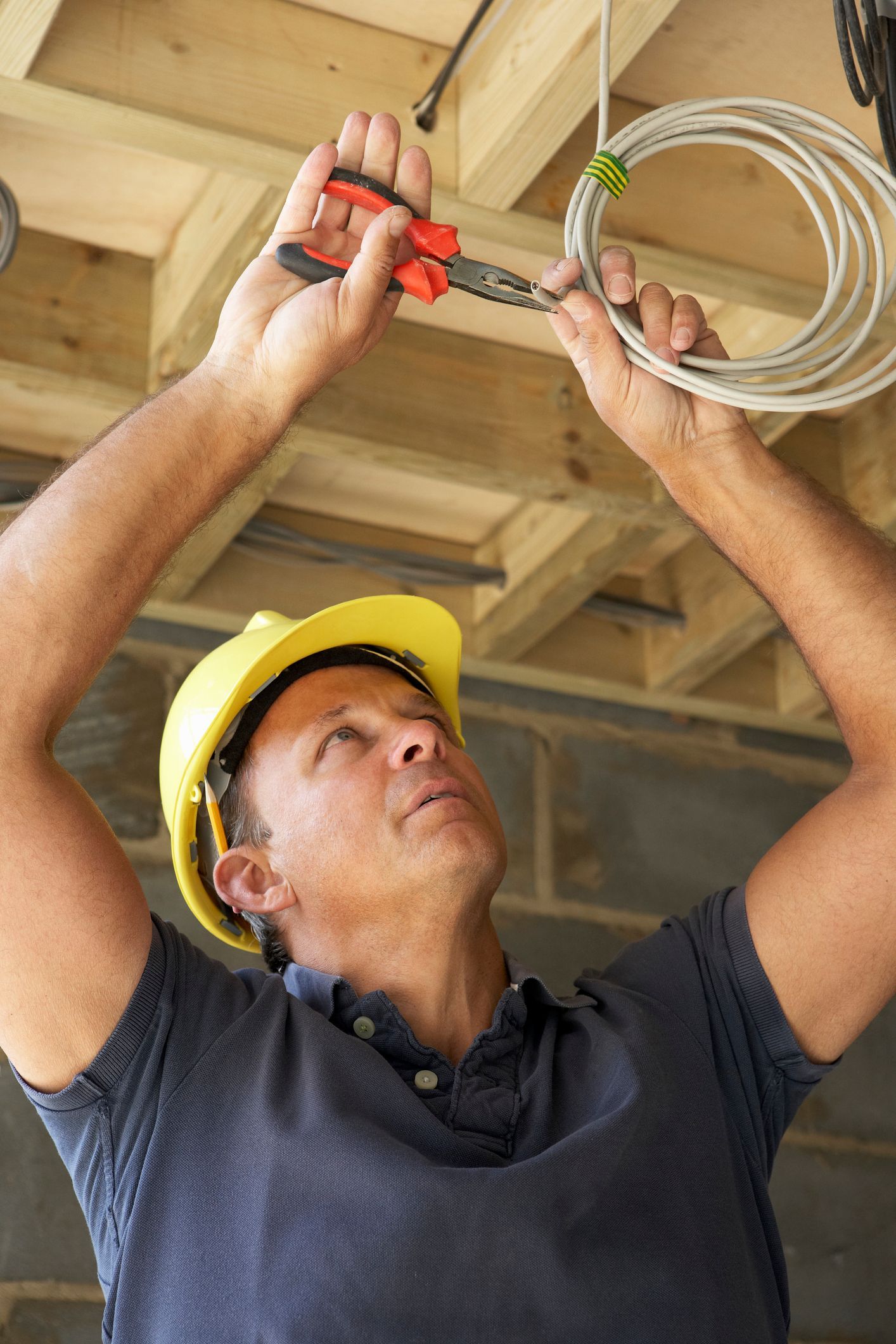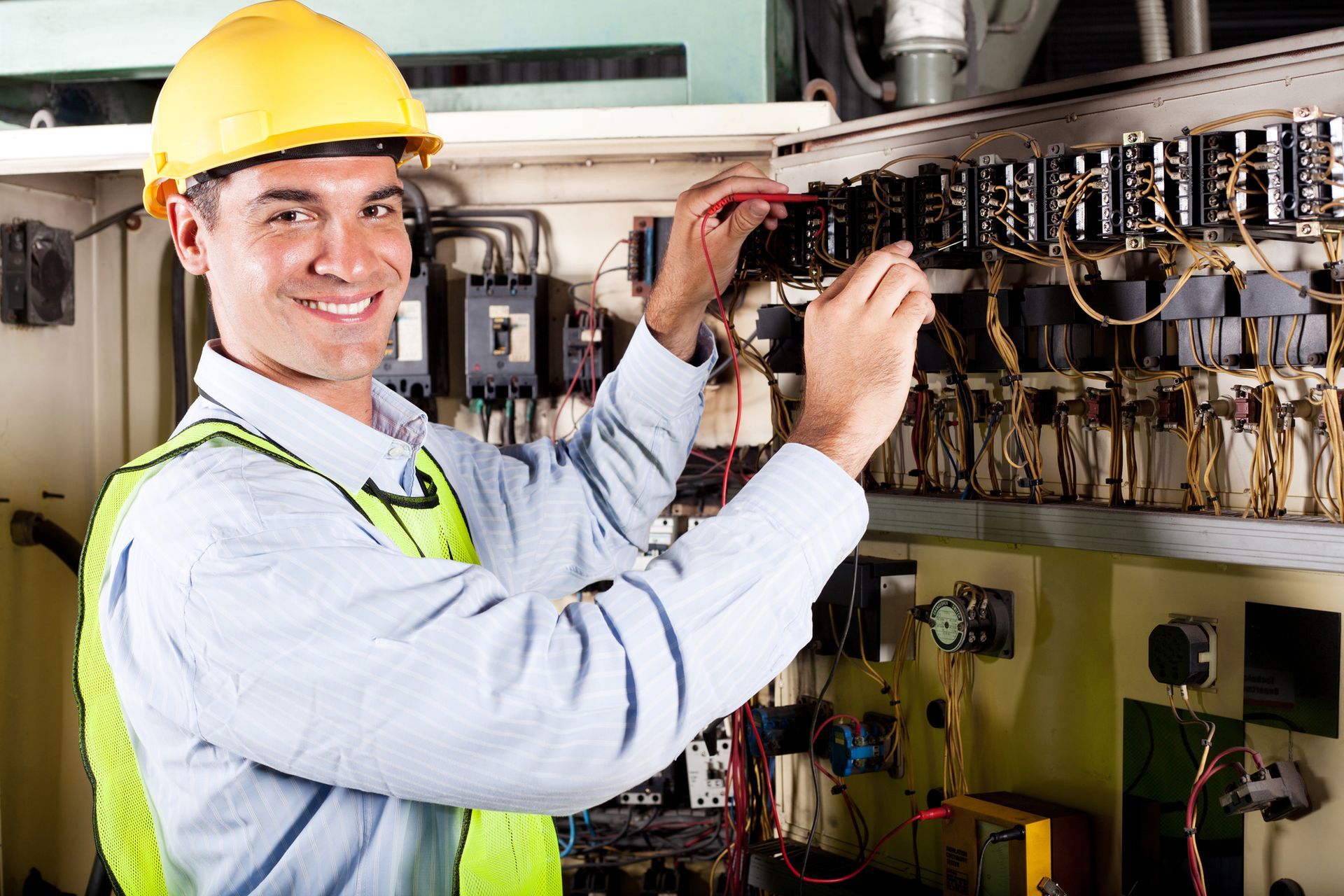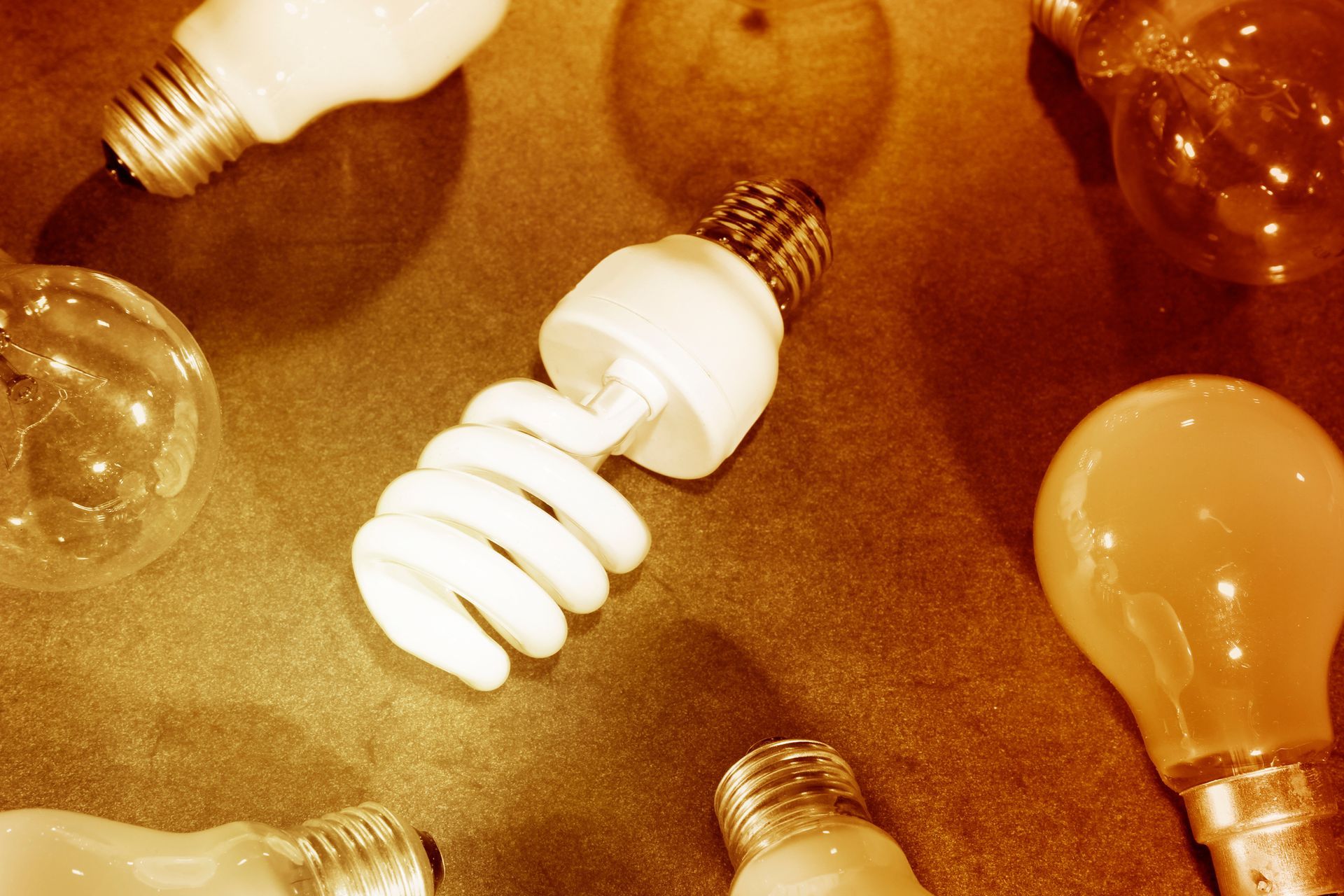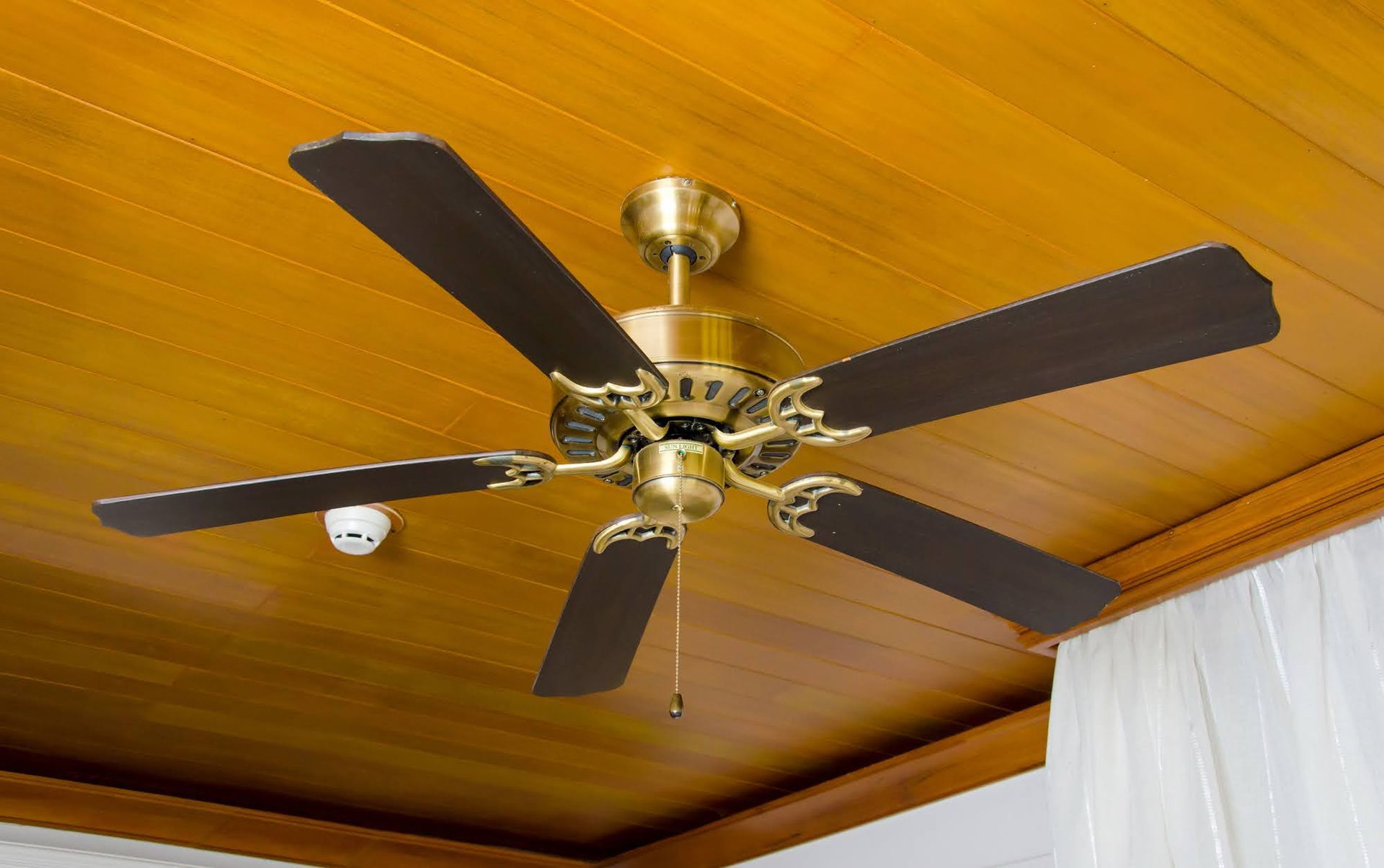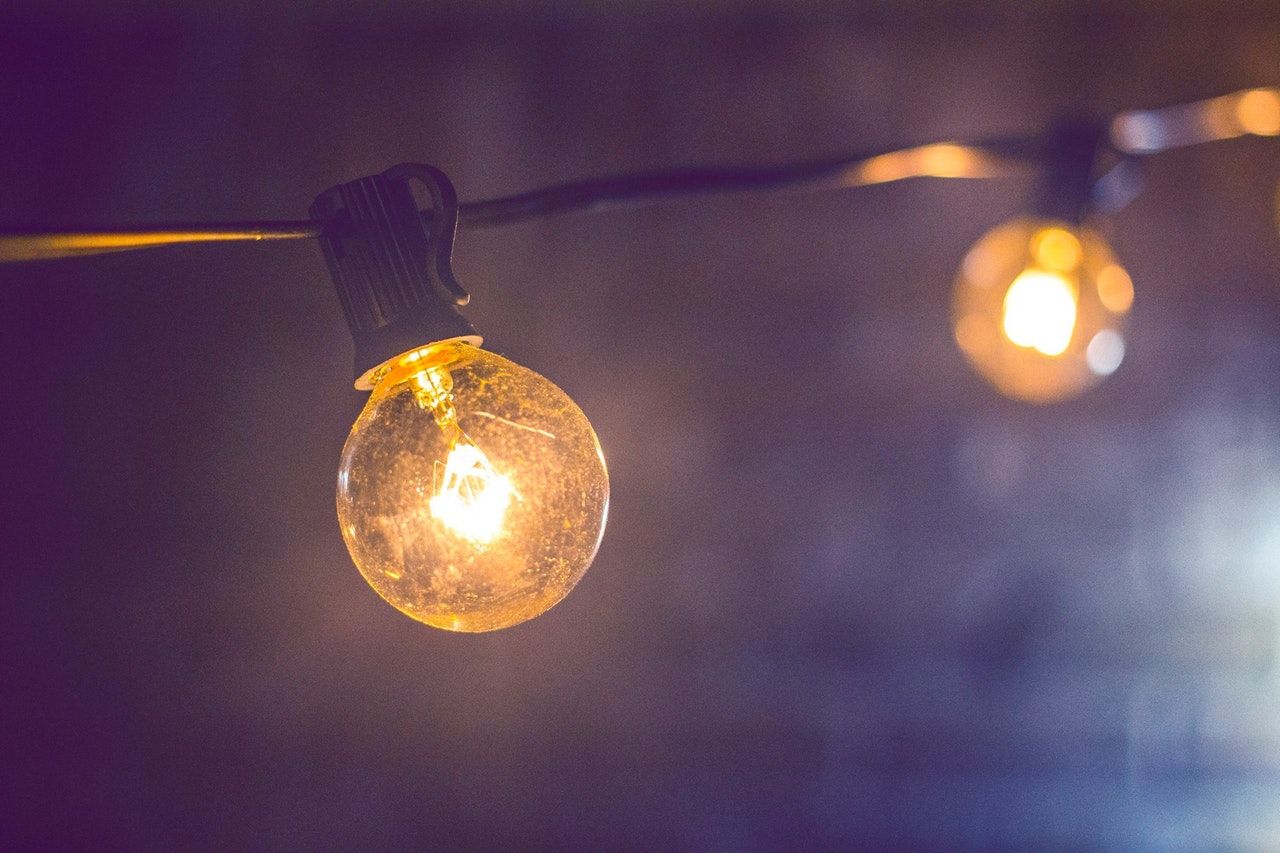6 Electrical Safety Tips for Autumn and Winter
Autumn and winter are the coldest periods of the year. Homeowners have to use many electrical components during the colder months, such as space heaters for home warming. Increased use of electrical components may require extra precautions to prevent problems, such as electrical fires.
This blog post explores the main electrical safety tips that you should keep in mind as the weather gets colder.
1. Don't Plug Space Heaters Into Power Strips
Since a power strip can't handle high currents, don't plug your space heater into the power strip. Plugging the power strip can cause overloading and lead to the burning or melting of the power strip.
Also, limit the use of the space heater as the temperature keeps falling. For instance, you should turn off the space
heater before you sleep each night.
2. Don't Connect Over Three Strings of Lights
When you connect multiple strings of light, the circuit breaker can trip and even cause a fire. If you have to connect different strings of light, ensure all the strings have the same amount of bulbs. For example, strings of 50 lights should connect to strings of 50 lights.
The safety of strings of lights also depends on the type of bulbs that you use. Ideally, you should buy LED lights
that are more energy efficient and won't generate too much heat. Moreover, always turn off lights in spaces and on decorations that are not in use.
For instance, outdoor decorative lights should be off at night. Most lighting fixtures also have safety instructions on how to use light fixtures, so be sure to follow them.
3. Consider Generator Repairs and Installations
Cold weather often comes with hazards that can destroy the home's electrical system. If your electrical system succumbs to a winter storm, you can be out of power for a long time. One way to prevent that situation is to purchase a portable generator.
Select a generator with enough capacity to power your whole home and ensure proper installation of the generator. The generator should be as far away as possible from your house because it generates carbon monoxide.
The portable generator will also work better with a dedicated circuit. A dedicated circuit allows you to use only the
amount of electricity that the generator can support. If you already have a generator, ask a professional to inspect it before the cold weather kicks in.
4. Avoid Overloading
As mentioned earlier, cold weather often requires homeowners to use extra appliances to keep the house warm. While you can plug in additional heating or lighting appliances, do it in a safe way.
Safety means avoiding multi-socket adapters and extension cords if possible. These features don't have the capacity to support high-demand appliances, such as heaters.
When the electrical demand becomes greater than what the electrical outlet can support, fires may break out. If you must use extension cords, only plug in a few appliances at once.
5. Arrange an Inspection
Routine electrical inspections help reveal emerging electrical hazards. An electrical inspection also helps prepare your home for the demands of autumn and winter. The electrician will inspect each electrical component and flag any potential issues. You can then ask the electrician to repair or replace any broken electrical components.
6. Follow Up on Any Leaks
If you have noticed any water leaks in your home, you must ask a plumber to check and fix them immediately. If water and electricity mix, a major problem will occur at your home. The leaks can be on the roof, below the sink, or even at the washing machine.
If you have any electrical problem, you may be tempted to fix it on your own. However, the best option is to invite Beckstoffer-Welsh Inc. to check your home's electrical wiring and do any necessary repairs. We can also upgrade and troubleshoot your home's electrical system. Contact us for more information.


